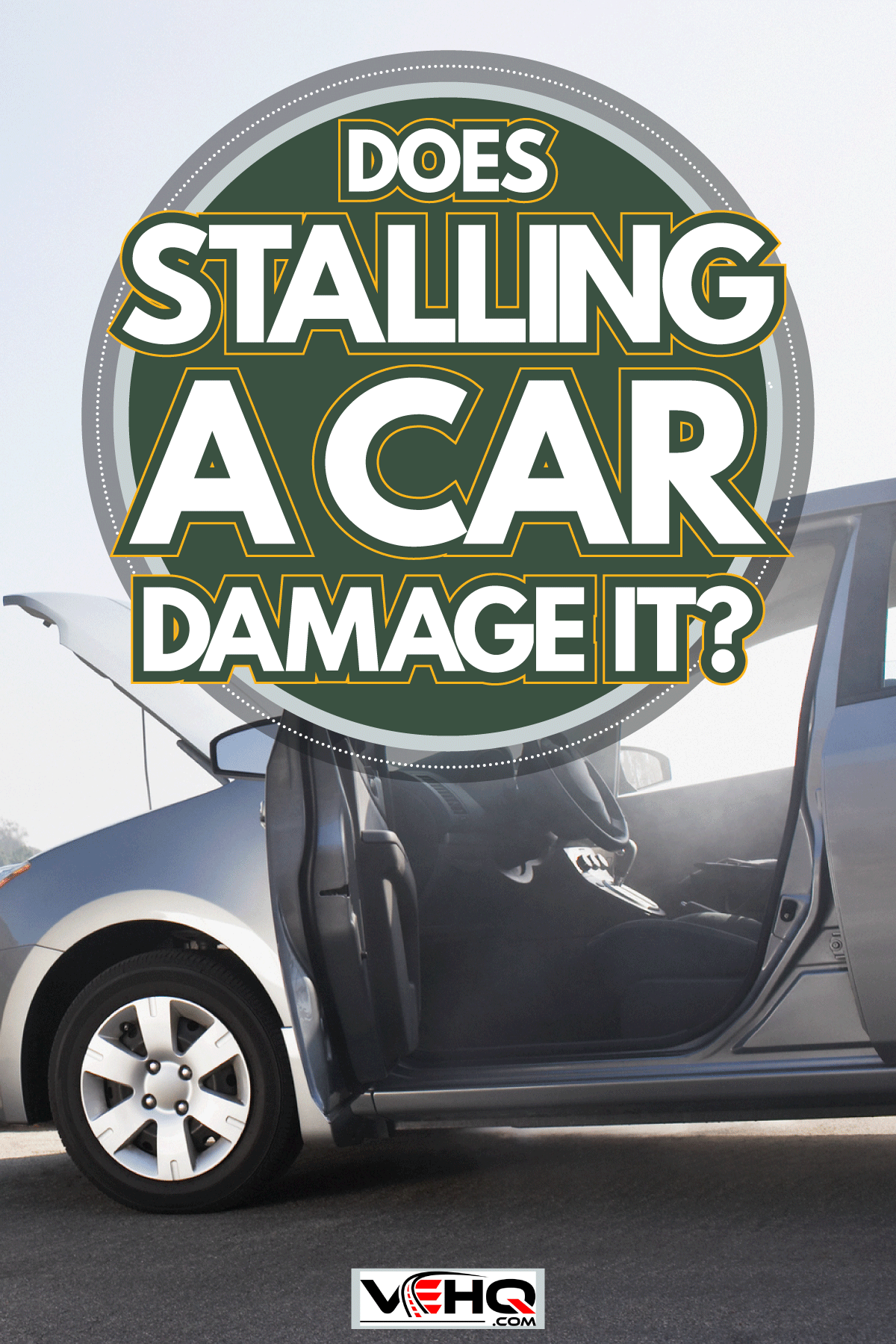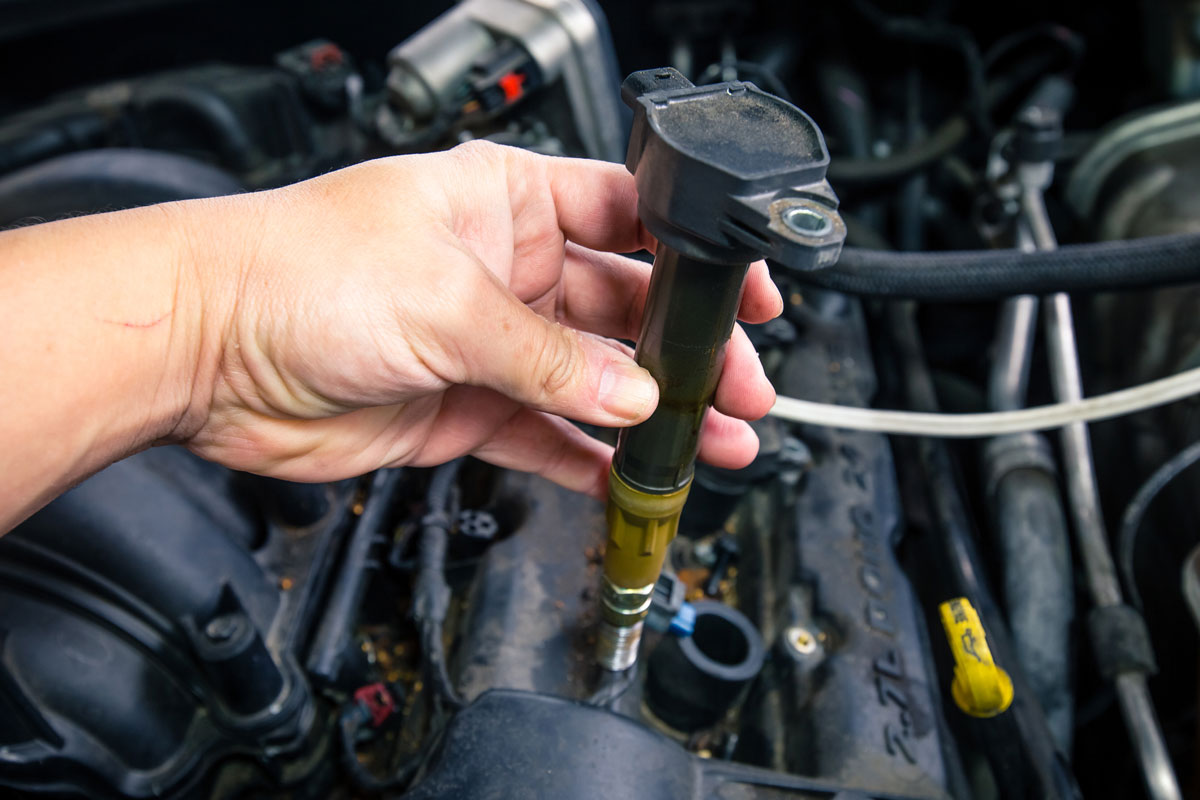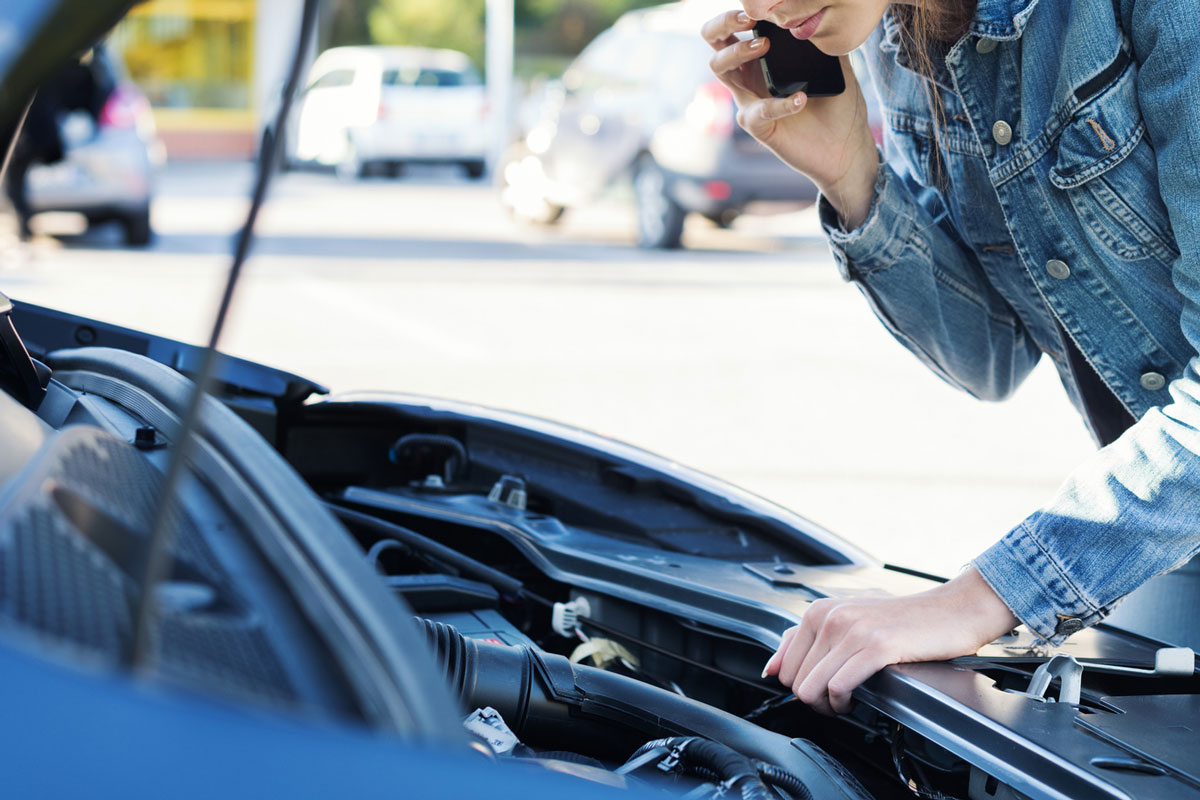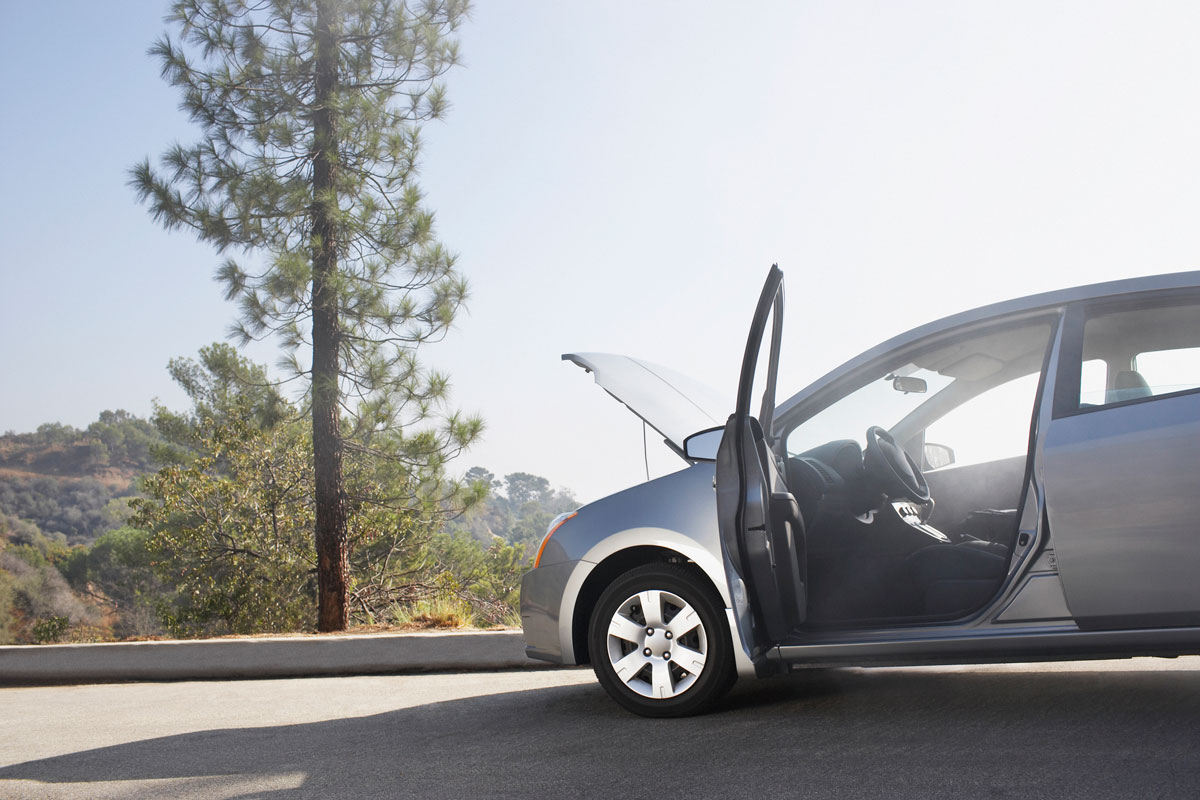There is perhaps nothing more frustrating than being in a hurry and having your car stall. Stalling can happen for several reasons. If you are wondering if the stalling will damage your vehicle, we can help you. We researched this matter so that you'll know for sure what to expect.
In the majority of cases, your car stalling will not damage it. But the possible reasons why your vehicle is stalling should warrant your attention. The most common reasons for a vehicle stalling are:
- Faulty idle air control
- Vacuum leaks
- Mass airflow sensor defects
- Fuel system issues
- Faulty ignition coils
- Catalytic converter issues
- Problems with your transmission
- Battery or alternator malfunctions
Now that we know that your vehicle stalling won't typically harm it, we'll take an in-depth look at the reasons why your vehicle might stall. You might also be wondering if it's safe to drive a car that stalls or what cold stalling is. For the answers to these questions and more, read ahead in this post and see what our research has uncovered.

Why A Car Will Stall
Your vehicle might be stalling for any number of reasons. As frustrating as this might sound, they are usually easy to diagnose. Some will be fairly inexpensive to remedy, but others can be quite costly.
While this list of potential causes is not all-inclusive, it does cover the most common reasons why your vehicle is stalling.

Faulty Idle Air Control
The idle air control (IAC) is located on the throttle body of your car. At times when your vehicle is idling, it will need more airflow. When you are idling, the onboard computer will bypass the IAC to allow more air to flow.
Carbon buildup can impact the IAC, making it choke up and close. This shuts off the needed air for idling. When this happens, your vehicle will stall.
If your vehicle stalls regularly when it is running idle, chances are this is the problem.
Vacuum Leaks
If your vehicle stalls or is beginning to idle roughly, the problem might be a vacuum leak. These leaks will cut off the airflow that's needed for idling. Vacuum leaks can occur in several places.
The most common areas for a vacuum leak are:
- PCV valve
- Intake manifold gasket
- Throttle body gasket
- Brake booster hose or valve
- Loose or torn air duct between the mass airflow sensor and throttle body
- EGR valve
Mass Air Flow Sensor Defects
These sensors need to be fairly clean to be fully operational. Should any debris obstruct them, they will send faulty signals to the onboard computer.
When this happens, airflow is once again cut off. Usually, this will also trigger the check engine light to illuminate, making this easier to diagnose.
Fuel System Issues
A bad fuel filter can make your car stall. If you have contaminants in your fuel line, these can also clog the filter. When this happens, the fuel required to idle is cut off from the engine.
This can cause the vehicle to stall at idle or when in motion. If this is the issue, the fuel filter will need to be replaced. Depending on the severity of the clogs and the level of contaminants, your fuel line may need to be thoroughly cleaned as well.
Faulty Ignition Coils

A bad ignition coil is also a reason for stalling. When this happens, it is usually accompanied by noticeable misfires from your engine. This is a relatively easy and inexpensive replacement.
These coils can begin to fail whenever excess carbon builds up inside of them. Routine maintenance is the best preventative measure in keeping this buildup from happening in your engine and its parts.
Catalytic Converter Issues
If you notice a sulfuric smell like rotten eggs coming from under your car, you most likely have a clogged catalytic converter. This part processes harmful exhaust fumes and converts them into a gas that is less damaging to the environment.
When clogged, the vehicle will be subject to backfiring. But before the buildup is too severe to backfire the engine, it can help to starve it of oxygen. As you know by now, lack of airflow is the primary reason for a car to stall.
Problems With Your Transmission
Clogged transmission lines can cause the vehicle to stall, particularly when you place it in reverse. Low transmission fluid will cause issues with the torque converter and can also lead to stalling.
This problem can usually be solved by adding transmission fluid to your vehicle. Keep in mind, though, that this might be an indicator of your transmission beginning to fail.
Have your transmission thoroughly inspected by a trusted mechanic or at your local dealership. They will be able to diagnose the issue and offer solutions.
Battery Or Alternator Malfunctions
If your vehicle stalls when it's in motion, the battery or alternator might very well be behind it. The engine needs the power to operate, provided by the battery. The battery only can contain so much juice, which is where the alternator comes in.
The alternator works like a mini generator. It continuously powers the battery while the engine is running. Should either the battery be malfunctioning or the alternator be faulty, the power your engine needs will be cut off.
When this happens, your engine will shut off. Check your battery terminals for buildup and remove any from the terminals and cables. This is the most common cause. Failing that, get your battery and alternator inspected.
Is It Safe To Drive A Car That Stalls?
Though your vehicle won't typically suffer any damage from stalling, that doesn't mean that you should be driving it. A car that stalls while in motion can be a danger to you, your passengers, and others on the roadway.
When a vehicle stalls, it loses power. This means that your power steering will not function, making the vehicle much more difficult to maneuver. Depending on the model vehicle, you may not be able to brake as well, either.
Any vehicle that stalls regularly should be thoroughly inspected and fixed. Failure to do so will also result in minor problems that are causing the stalls to grow into larger, more expensive ones to treat.

What Is Cold Stalling?
A cold stall is when the engine shuts off while it's still cold. This can happen for several reasons. The most common causes of a cold stall are a lack of fuel, a lack of air, or issues with the vehicle's exhaust.
We outlined earlier in this post the various reasons why a vehicle might not be getting enough fuel or oxygen. These are typically fairly easy to identify and fix.

Final Thoughts

There are a lot of reasons why your vehicle might stall, and most will be because something is interfering with either the airflow or the fuel to the engine.
While many of the causes can be fixed easily and fairly inexpensively, some might be warning signs of other problems that will be harder on your wallet. It's important to figure out why your vehicle stalls as soon as possible so that you won't be risking your and others' safety on the road. Drive safe!
We hope this post on stalling vehicles answered all of your questions. For more helpful automotive information, we suggest reading the following posts:
Is Your Car Leaking Gas? (And What Should You Do About It)
Can Transmission Fluid Get Low Without A Leak? [6 Points To Check]
Why Is Coolant Reservoir Boiling But Engine Not Overheating?
